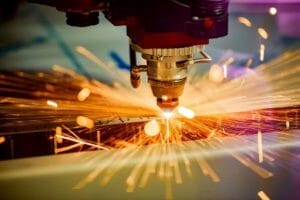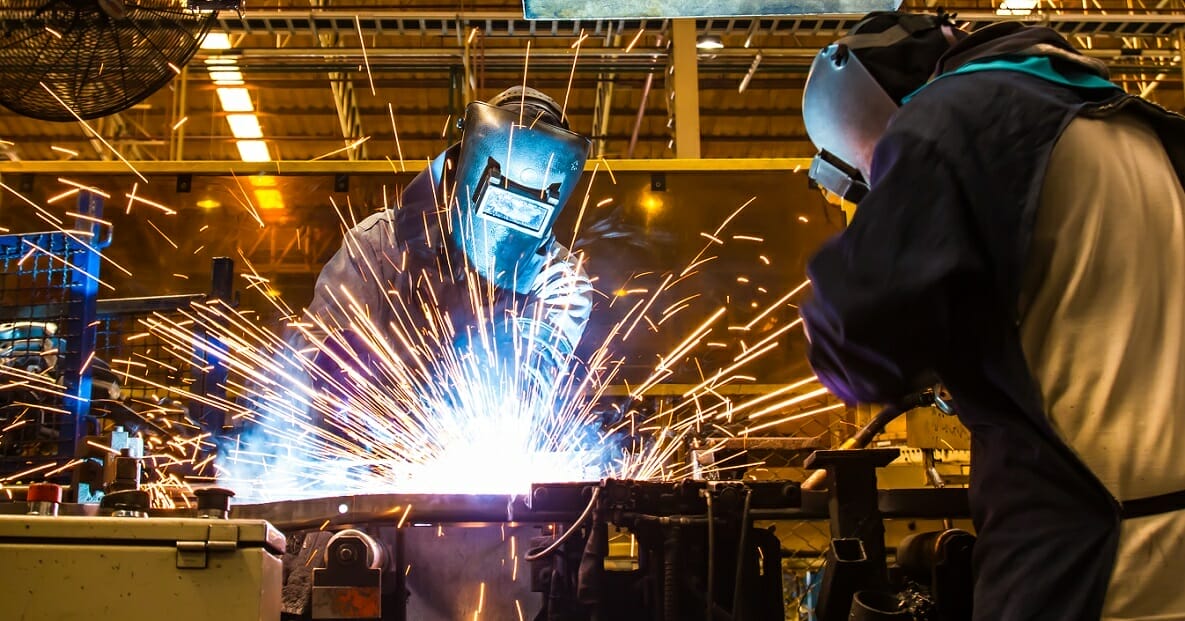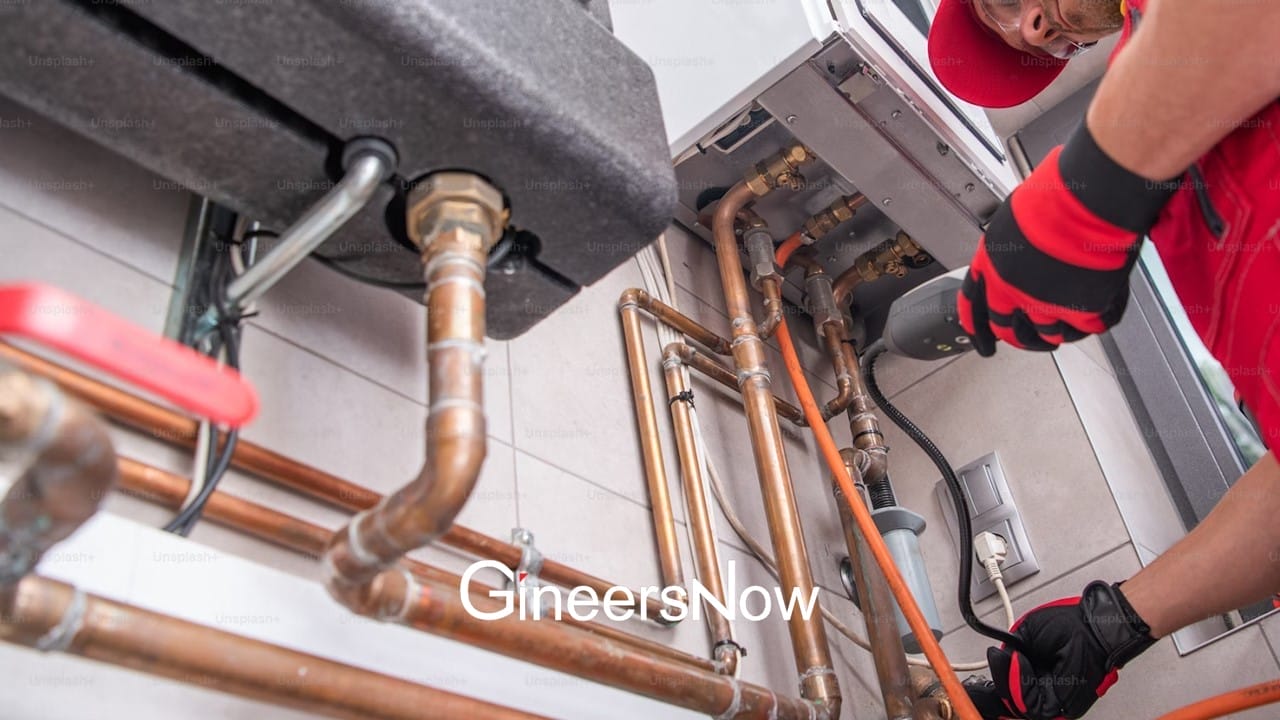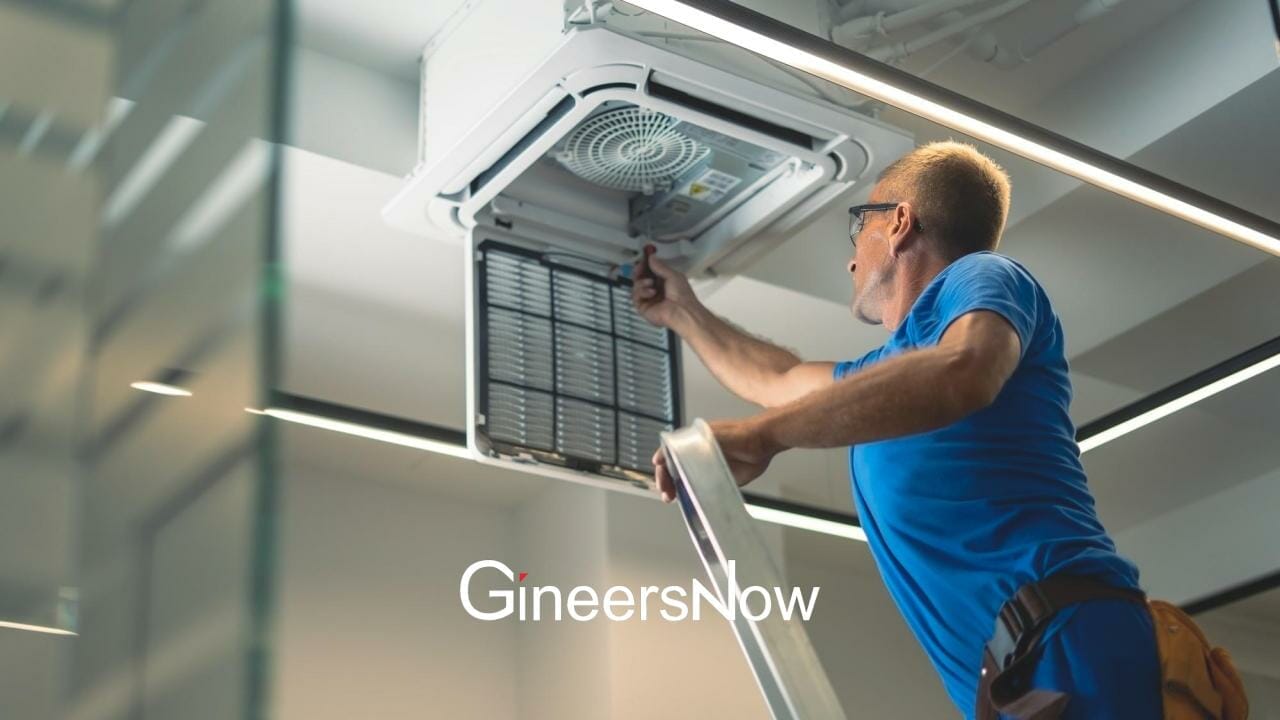The average lifespan of industrial machinery is around 15 years. But with the right maintenance and operating procedures, it’s possible to extend the life of this equipment. In fact, some companies have been able to get 20 or more years out of their machines. Here are a few tips on how to maximize the lifespan of machinery.
As with anything else in life, if you want to prolong the lifespan of machinery, it is incumbent upon you to take good care of it. This means protecting it to any degree possible, keeping it clean and routinely inspecting those machines to make sure every single part is functioning as it should. The machines in a production plant are often your biggest investment, so it behooves you to ensure you aren’t literally throwing money down the drain. If you are looking to maximize the lifespan of your machinery, here are some tips that will help.
Provide for Reduction in Harmonic Distortion
One of the leading causes of failure in machinery is harmonic distortion, often caused by electrical spikes. These commonly occur when lines in are struck by high voltage lightning that causes harmonic distortion. In order to provide input impedance, it is recommended that you use line chokes such as KEB line reactors. Just one direct strike can be the leading cause of failure in expensive machinery, which, in turn, can significantly lessen its lifespan.

Keep Machinery Cleaned and Maintained
Keeping your machinery cleaned and maintained goes far beyond routinely cleaning dust, debris, and shavings from the floor and on machine surfaces. It is vital to prevent a buildup of corrosion on all parts, but especially on moving parts that should be kept lubricated. Anything from mud to grease can cause excessive wear and tear, which would also lead to a reduction in the lifespan of the entire machine. Just one part can put a strain on the entire machine, so it is vital that you keep all machines and equipment cleaned and maintained.
Inspect Machinery Regularly
When it comes to heavy machinery, it is vital to be proactive rather than reactive. Even if you don’t necessarily spot a problem with any component or process, you should do a thorough inspection often. Keep to a regular schedule so that as any part starts to falter, you can fix or replace it before it fails. As noted above, failure in just one part can cause a domino effect leading to the ultimate demise of the entire machine. In the words of an old proverb, “Never put off until tomorrow what you can do today.” So too, it is important of inspecting that costly machinery on a regularly set schedule. Why would you wait for system failure if it can be prevented with a small fix?
Machinery can cost many hundreds of thousands of dollars, if not more. It is vital that you provide protection against harmonic distortion, which is easily accomplished with a line reactor. Keep all your equipment and machinery oiled and in good repair. Schedule regular inspections to ensure a small issue won’t lead to the total failure of the entire machine. You may have a busy workload with little downtime to spare, but it’s either that or be offline for weeks or months while replacing a costly machine you could have protected.












